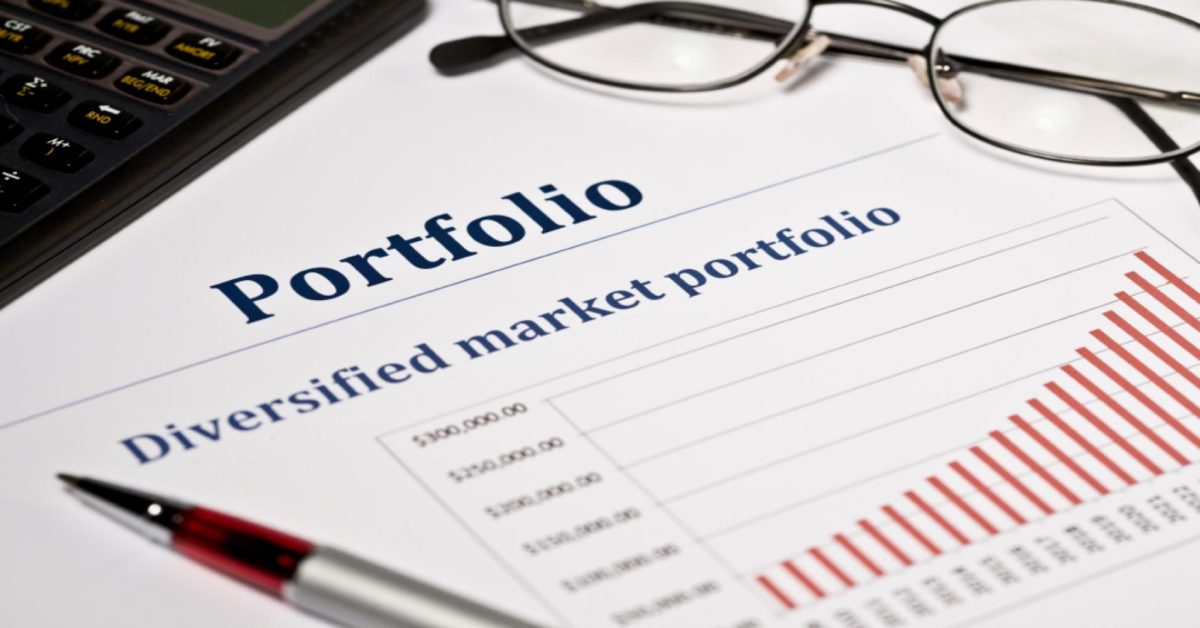Things continue to look up as Mayberry Jamaica Equities Limited [JSE: MJE] recently borrowed $2.2 billion in cash for new investments in stocks on the local stock market. This coincides with a B rating from Standard and Poor’s credit rating for Jamaica; an upgraded outlook to positive from stable.
CEO of Mayberry Investments Limited Gary Peart explained that “We got it at 7.25% for five years” with expectations that the gains in the market will outperform the cost of funds borrowed. The explanation behind the S&P upgrade was due to the combination of modest GDP growth and better external liquidity, agreeing with Peart’s statement that, “The economy is going in the right direction”.
MJE holds minority positions in some companies listed on the JSE mainly, Caribbean Producers Jamaica Limited [JSE: CPJ], JMMB Group Limited [JSE: JMMB], Caribbean Cement Company Limited [JSE: CCC] and Supreme Ventures [JSE: SVL]. Despite not directly saying which stocks they will be investing in, Peart mentioned that some of his top ‘buy’ picks are Stationery and Office Supplies [JSE: SOS], NCB Financial Group [JSE: NCBFG], IronRock Insurance [JSE: ROC] and of course the recent July listing MJE itself.
Mayberry Jamaica had initially considered selling a portion of its equity holdings but decided against it due to their bullish stance on the market foreseeing five to six years of consecutive growth. A prediction of what could possibly be the longest bull run in Jamaica’s history. MJE net asset value earlier this month was $10.61 per share, up 12 percent from $9.48 prior to listing on the Jamaica Stock Exchange [JSE].
With this increase in the span of three months, they are optimistic the upward trend will continue. For the bearish investors who may have concerns about the market pulling back, Peart recommended they invest in high dividend-yield stocks making it a win/win for everyone.
At Mayberry Investment’s Monthly Investor Forum, Mr Peart encouraged attendees to look towards the stock market rather than continuing with the typical savings account earning a meagre two per cent average interest rate on deposits.
He highlighted how much more profitable it would be if persons actually invested in commercial banks rather than just putting down their money for safekeeping. Agreeably, he admitted that in recent times it may be hard to find value on the stock market but with the services of a broker, investors can navigate these pitfalls.
Interested in buying MJE?
Contact SSL to get started.
If you liked this article and want to read other great stories, try our Archives. Also if you are new to investing you can try our Investment Basics Blog.
If you want to start investing with SSL but don’t have the time to monitor the market or to conduct the trades yourself then you can choose one of SSL’s managed Financial Planning products. We offer a variety of products for every type of investor and if you are interested in managing online trades yourself and having complete control over your investment portfolio then you can try SSL’s Brokerage account.
Follow us on Facebook, LinkedIn and Twitter please leave us a review.





















